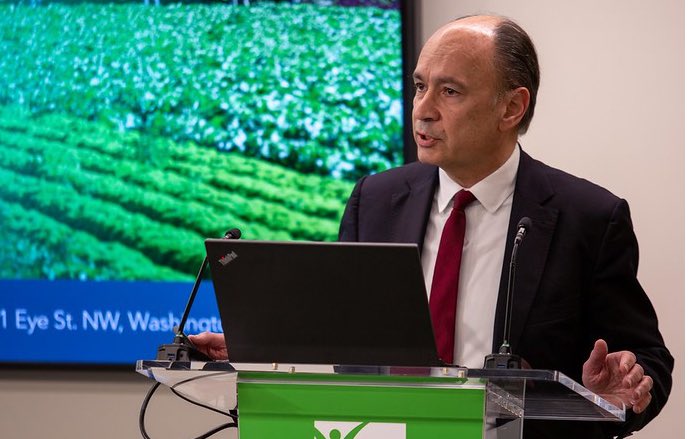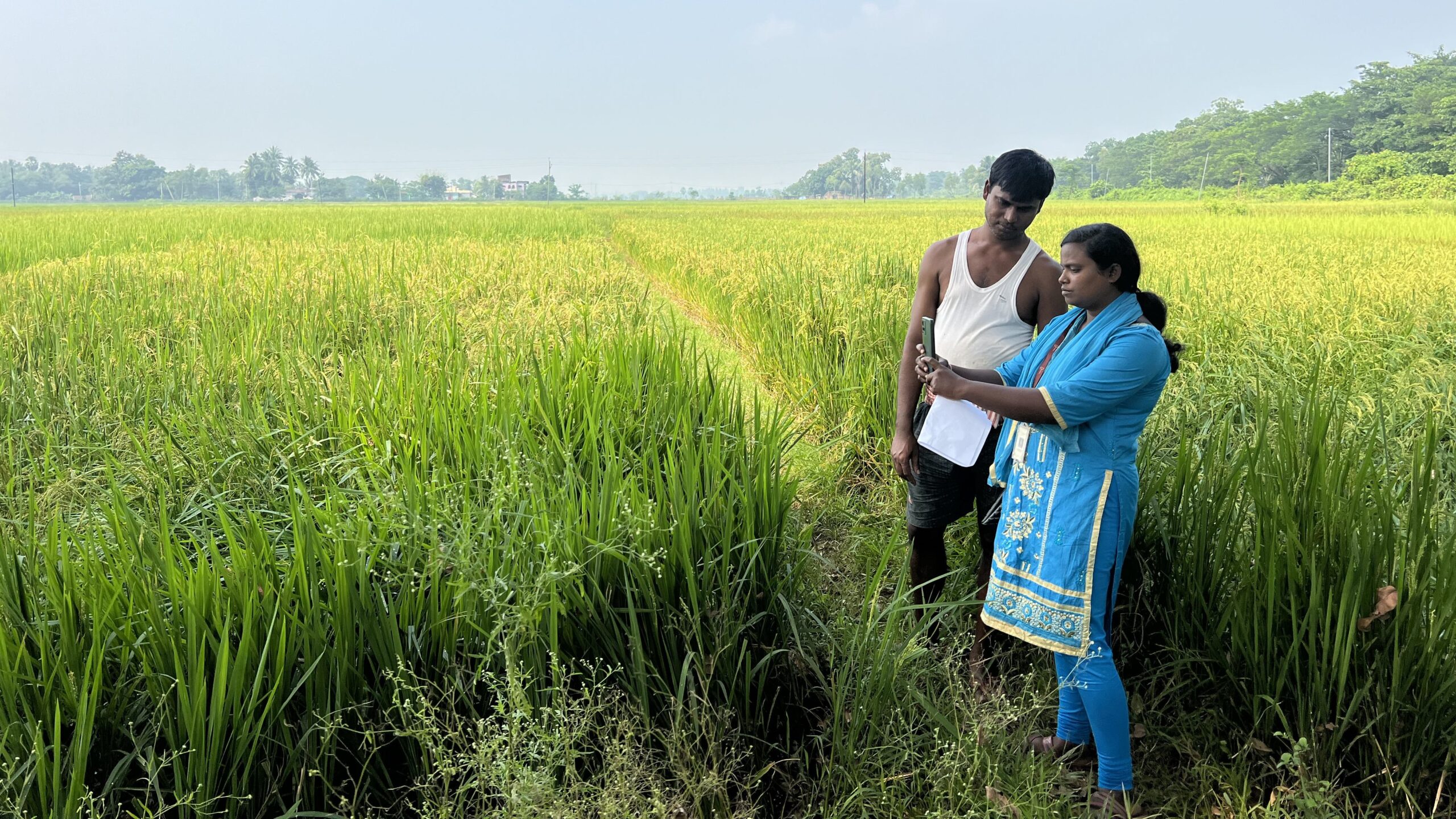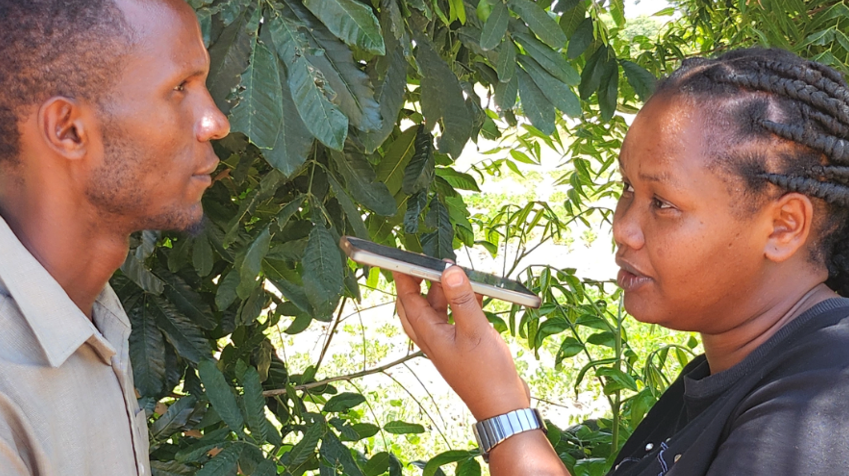The European Commission (EC) Green Deal is a critical initiative aimed at making the whole of Europe climate neutral by 2050. A central part of the effort is the “Farm to Fork” strategy, Europe’s plan for transforming food chains—and the food systems of which they are a part—so that they are a gold standard for sustainability.
A Feb. 18 policy seminar explored the European Union (EU) experience in ongoing efforts to address the challenges of climate change and food systems, and the implications for food system transformation around the world. The event was co-organized by IFPRI and the EU, and moderated by IFPRI Senior Research Fellow Will Martin.
Making Europe the first region to achieve carbon neutrality is an ambitious target that affects all policy areas, Tassos Haniotis, director at the EC Directorate-General for Agriculture & Rural Development, said in the keynote speech. It took several decades, he noted, for the international community to realize that making food more abundant and less expensive—thus addressing many economic and social problems—also resulted in widespread environmental damage, particularly for soil, water, and biodiversity. Europe now seeks to transform its food system by reforming its Common Agricultural Policy (CAP), in time for CAP’s 2021-2027 phase of programming, along with the Green Deal and Farm to Fork.
In a way, Europe’s food system transformation is already taking place, as EU member countries increasingly use digital technologies and big data to increase economic efficiency and reduce their environmental footprint. “We don’t expect and ask farmers to change their jobs. We want farmers to remain in their jobs and be different types of knowledge-based farmers. By focusing on that, we can turn the challenge of climate change into a real growth strategy,” Haniotis said.
CAP has played a key role in Europe’s economic success, Haniotis noted, helping to make the EU the largest exporter in the world. “We know that trade increases overall welfare,” he said. “But we also know that trade requires mechanisms whereby the winners compensate the losers … Europe’s Common Agricultural policy is one such mechanism.”
But CAP has had many shortcomings as well, including its environmental performance. As a result, the CAP reform proposals now focus on not only ensuring fair income, competitiveness, and food and health quality, but also on climate change action and maintaining biodiversity. Proposed changes also include a significant reduction in the use of fertilizers, pesticides, and antibiotics, and increased investment in organic production. General targets will be translated into country-specific targets determined by countries themselves. This effective tailoring of CAP interventions to EU member states’ needs will necessitate high-quality data and evidence.
Europe’s agricultural policies have evolved dramatically, IFPRI Director General Johan Swinnen noted. “If you go back to the 1980s and early 1990s, European agricultural policy was often considered as one of the most distorting agricultural policy regimes that existed at that time. Since then, there have been dramatic policy changes in Europe,” he said.
He noted that for the first time, EU decision making on CAP reforms has included policy makers representing water, sanitation, and the environment, and said he wondered what the effect of this more inclusive process would be on the end result. Since EU member states will ultimately be implementing CAP reforms, there will also be many questions regarding how to best enforce and monitor their actions. On a potentially negative note, Swinnen said, having the EU member states set their own specific targets may make CAP miss out on the economic benefits of scale.
The climate emergency is at the top of the global policy agenda, said Bioversity International USA Chair M. Ann Tutwiler, but there are slower evolving emergencies, such as malnutrition and public health problems, that also need critical attention. Tutwiler also raised the question of how to overcome European consumers’ historic risk aversion toward new food technologies. Another key issue is how the new Farm to Fork standards will affect farmers in developing countries.
But overall, Tutwiler said she was optimistic about the Green Deal’s prospects for success. “With a relatively modest investment of $300-$350 billion a year, we can create economic opportunities of $4.5 trillion,” she said. “This is part of the trick of how we can, with a modest investment of public and private sector money … help not only producers but also others along the farm to fork chain to take advantage of economic opportunities.”
Sivan Yosef is a Senior Program Manager in IFPRI’s Director General’s Office.







